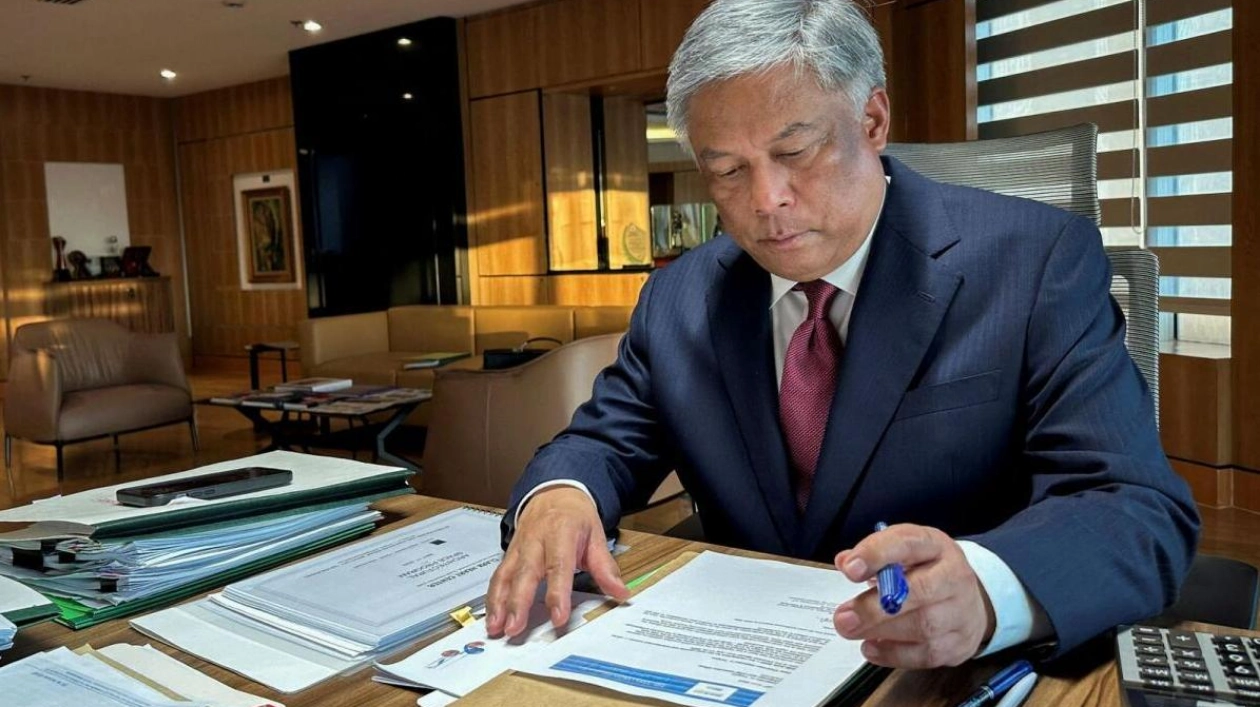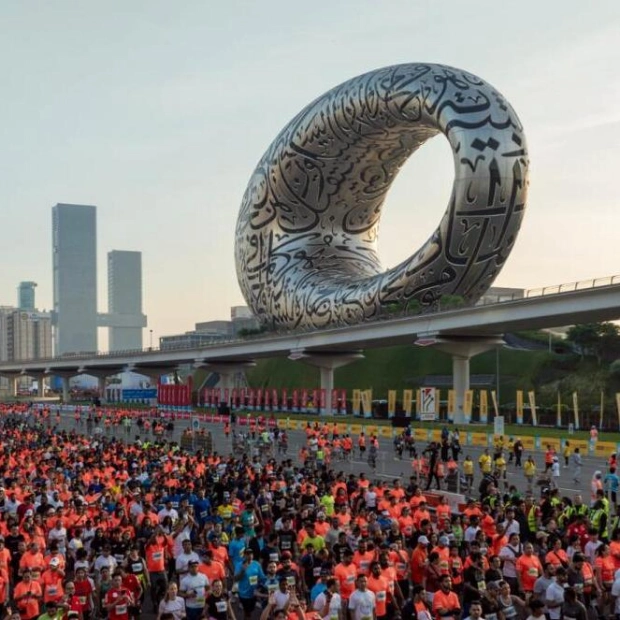Philippine authorities have initiated a crackdown on illegal offshore gambling operators, many of which are managed by Chinese companies, amid growing demands to prohibit these activities due to their suspected connections with criminal groups. The head of the Philippine gaming regulator disclosed on Thursday that between 250 and 300 offshore gambling entities are functioning in the Philippines without proper licensing, which is approximately six times the number of legal operators, which stands at 46. Alejandro Tengco, the chairman of the Philippine Amusement and Gaming Corp (PAGCOR), stated in a phone interview with Reuters, 'Together with the police, we search for these illegal operators, conduct raids, and shut them down.' The online gaming sector in the Philippines flourished in 2016 and expanded rapidly as operators exploited the country's lenient gaming regulations to attract customers from China, where gambling is prohibited. At its peak, the Philippine offshore gambling operators, or POGOs, numbered 300 and employed over 300,000 Chinese workers. However, the pandemic and stricter tax regulations have compelled many to either move or operate clandestinely, according to Tengco. The crackdown was prompted by reports of POGO-related offenses such as human trafficking, torture, kidnapping, and fraudulent activities including credit card scams, cryptocurrency investment fraud, and 'love scams' where criminals use fake online personas to deceive victims into giving them money. In March, law enforcement raided a POGO facility in Pampanga province, resulting in the rescue of over 800 workers, including Filipino and Chinese nationals, as reported by local media. Security officials have also voiced concerns about illegal POGOs, with the defense minister identifying criminal syndicates masquerading as POGOs as a national security threat, while the national security council emphasized that these illegal activities should not be tolerated. Defense Secretary Gilberto Teodoro stated, 'The concern is that we should halt these syndicated criminal activities operating from our base, which undermine our financial stability, our country ratings, and corrupt our society.' PAGCOR's Tengco indicated that the gaming regulator would adhere to the government's ultimate decision on POGOs, which could potentially include a complete ban on the industry. The government anticipates generating 24.5 billion pesos ($417 million) this year in POGO fees and taxes from 46 licensed POGOs, with half of them being Chinese firms, as per Tengco.

Text: Lara Palmer
13.06.2024
Authorities Target Chinese-Run Operators Amid Rising Crime and Security Concerns





